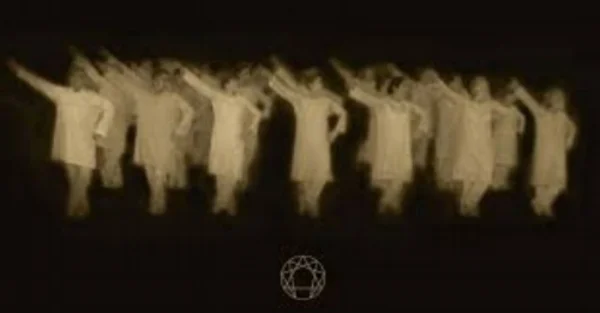The Gurdjieff Work
Why am I here? What is the meaning and purpose of my life? Is there more to life than the life I am leading? You may find yourself asking such questions in a moment of quiet reflection, when you feel that something is missing in your life.
The search for a life of meaning was a quest that Gurdjieff, from a very young age, fully embraced and which was to define and shape the rest of his life.
In this quest, Gurdjieff was to discover that mankind is living a kind of deluded half-life in which we take the false for what is real. He was to discover that there is a real life full of meaning, beckoning, but elusive because of the way we have been taught to think from our earliest age – that due to no fault of our own we have been conditioned to believe in a lie.
“Man is asleep – he has no real consciousness or will. He is not free: to him, everything ‘happens’. He can become conscious and find his true place as a human being in the creation, but this requires a profound transformation.” ( from a meeting in Paris during WWII).
Gurdjieff also maintains that we are not who we think we are and that what we call "I/myself," is not really the case:
“Try to understand that what you call “I” is not I, there are many “I’s” and each “I” has a different wish. You wish to change, but which part of you has this wish?" (Views From the Real World)
These are radical and shocking ideas that seem to fly in the face of the evidence that one lives ones life in a responsible way, awake and able to make conscious decisions.
Gurdjieff strenuously refutes this belief and goes so far as to maintain that it is in this state of sleep that we make all our decisions, develop relationships, innovate and invent, develop works of art, carry on our business. He insists that everything happens as a result of accidental associations and that we have no real conscious awareness of our self and what is taking place in our lives.
“Will is a sign of a being of a very high order or existence as compared with the being of an ordinary man. Only those who are in possession of such a being can do. All others are simply automata, put into action by external forces like machines or clockwork toys.” (Views From the Real World)
This is a hard pill to swallow and seriously challenges our incredulity. And this very questioning is what Gurdjieff intended. Gurdjieff insists that we must not take his word for anything, that we do not accept any of his ideas on face value and that we verify for ourselves in practice whether there is any validity and truth in what he is proposing:
“I ask you to believe nothing that you cannot verify for yourself.” (Views from the Real World)
Gurdjieff implored that we need to get to know our self, who we are and what we have become and that in this endeavour it is crucial to develop our capacity to see – to observe frequently, clearly, objectively because in doing so a picture will eventually emerge of our true situation. This picture will not be somebody else’s idea of what we are, but what Gurdjieff refers to as the terror of our situation.
When we awaken to this new reality, then and only then can we open to a new question, a question that has the power to transform our being.
